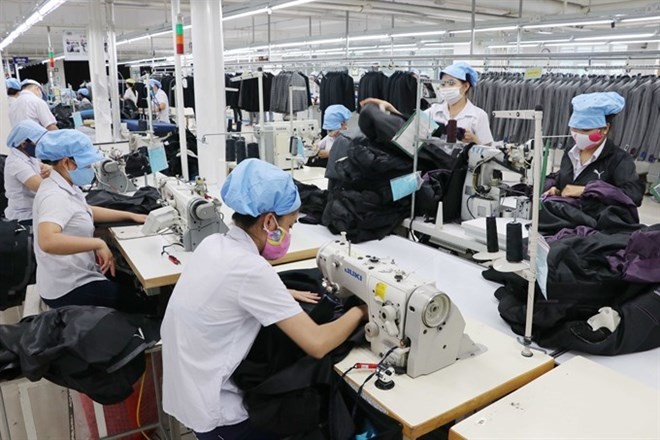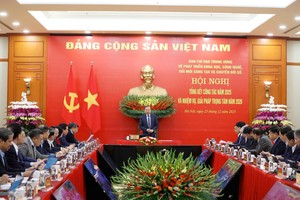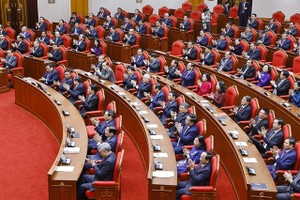
According to Le Quang Trung, deputy head of MoLISA’s Employment Department, the domestic labour market is witnessing a positive movement from untrained workers to skilled ones.
Among 56 million workers in 2019, unqualified workers will account for 26.5 percent of the labour market, while the percentages of personal service workers and mechanics are 31.6 percent and 12.4 percent, respectively.
Trung said that foreign-invested businesses have high demand for employees in 2019.
Moreover, the fourth industrial revolution is having an impact on Vietnam’s labour market, especially in the field of information technology.
On the other hand, some sectors including printing, engine and machine assembly, irrigation and food processing are struggling to recruit workers.
A survey by VietnamWorks shows that 74 percent of employers say their labour demands will increase.
The top 10 in-demand sectors in 2019 include finance and investment, sales, administration, IT and software, marketing, customer service, internet and online media, auditing and construction.
Experts predict that at the beginning of this year, some companies in home electronics, real estate and agriculture will enter Vietnam’s market, offering employment opportunities and increasing foreign development investment.
According to VietnamWorks, most companies in the north are willing to expand production, especially those in electricity and electronics in Hai Phong city and and Bac Ninh province in the northern region.
Additionally, several manufacturing businesses will come into operation from 2019.
Vietnam’s textile industry will take advantage of the Comprehensive and Progressive Agreement for Trans-Pacific Partnership (CPTPP) by accelerating exports.
Simultaneously, the competitive labour market will attract more FDI and create more jobs.
























